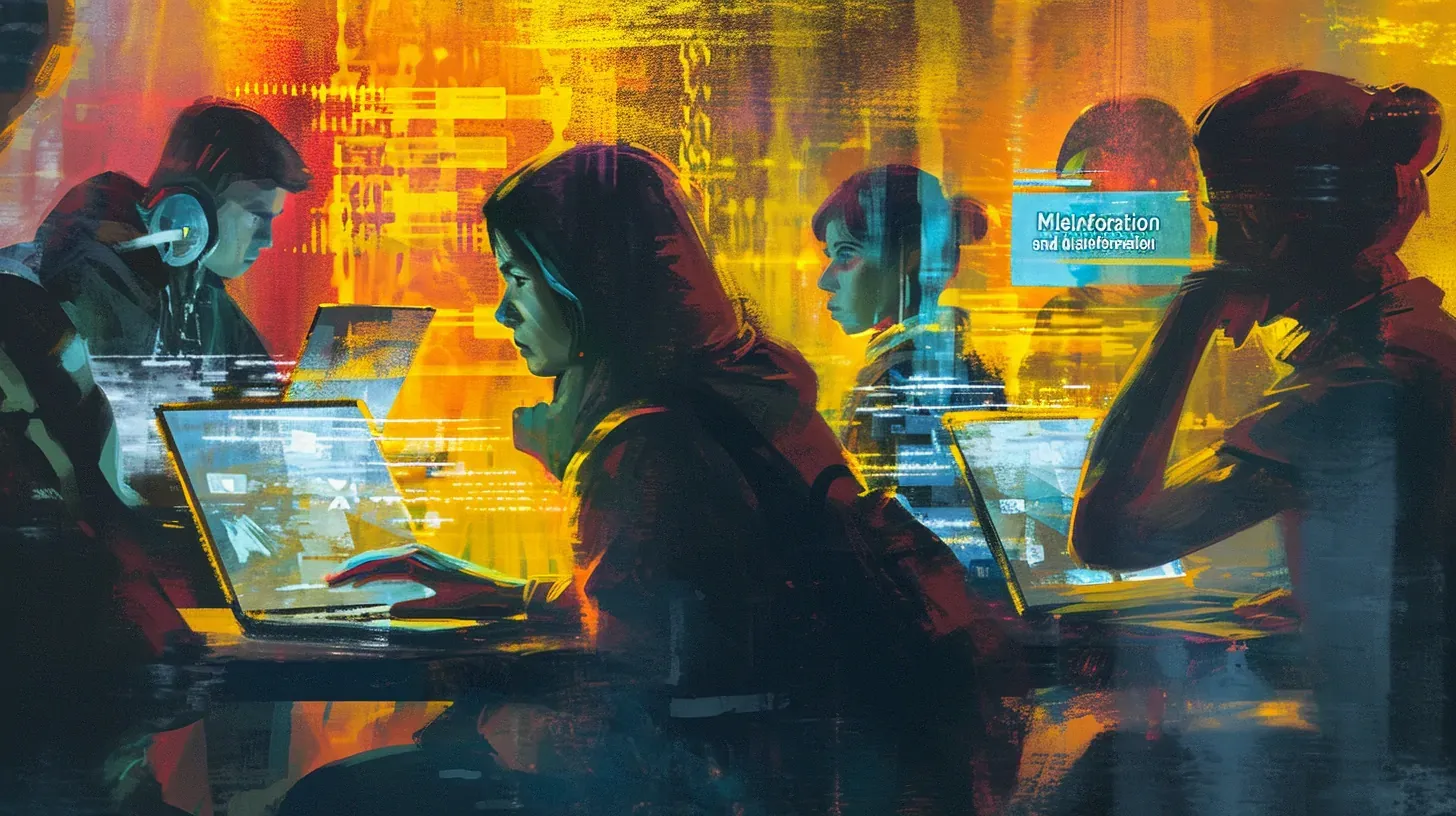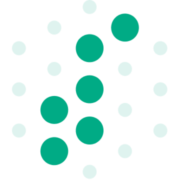The week's news is ready, and they have been selected from among many to give you an insight into the most important areas within artificial intelligence. When we choose the content, we do so based on what we think is relevant and makes sense for the education sector.
This week, we are focusing on misinformation and disinformation and 2 new guides from the Danish Agency for Digitalisation on using generative artificial intelligence aimed at public authorities and companies.
Even though our newsletters have become a bit long, we highly recommend that you watch the video during the week's recommendations. Here, we have found a very informative video from Vox, which deals with whether we should use artificial intelligence in teaching or ban it.
Happy reading, and if you have suggestions for something that should be included in the newsletter, you are always welcome to write to us at [email protected].
Misinformation and disinformation
The World Economic Forum (WEF) predicts in its Global Risk Report that misinformation and disinformation are one of the biggest challenges for the global economy in the short term. The challenge is and will be that we find it increasingly difficult to distinguish the manipulated content from reality. This is particularly problematic concerning the upcoming elections in Great Britain and the United States. Below, we have collected several articles that explore this challenge.
Søe, S. O.. (2014). Information, misinformation og disinformation: En sprogfilosofisk analyse. Tidsskrift for Informationsvidenskab Og Kulturformidling, 3(1), 21-30. https://doi.org/10.7146/ntik.v3i1.25959
We have chosen to focus on misinformation and disinformation in the newsletter as inspiration for a topic that can be discussed in class. Especially after DR's article: "Every third child never thinks about the fact that photos and videos can be manipulated" indicates that young people do not think about the content they see. Minister of Education Mattias Tesfaye (S) states in the article that the solution is the introduction of compulsory teaching in the understanding of technology in primary schools, which will not be implemented until August 2027. However, he has already encouraged the teachers to work with the subject in visual arts or social studies classes.
To illustrate how far we are with the technology, we have collected several images generated by text-to-image models below. You have to get pretty close to see that the images are not real, so we have also clearly marked that they are AI-generated.
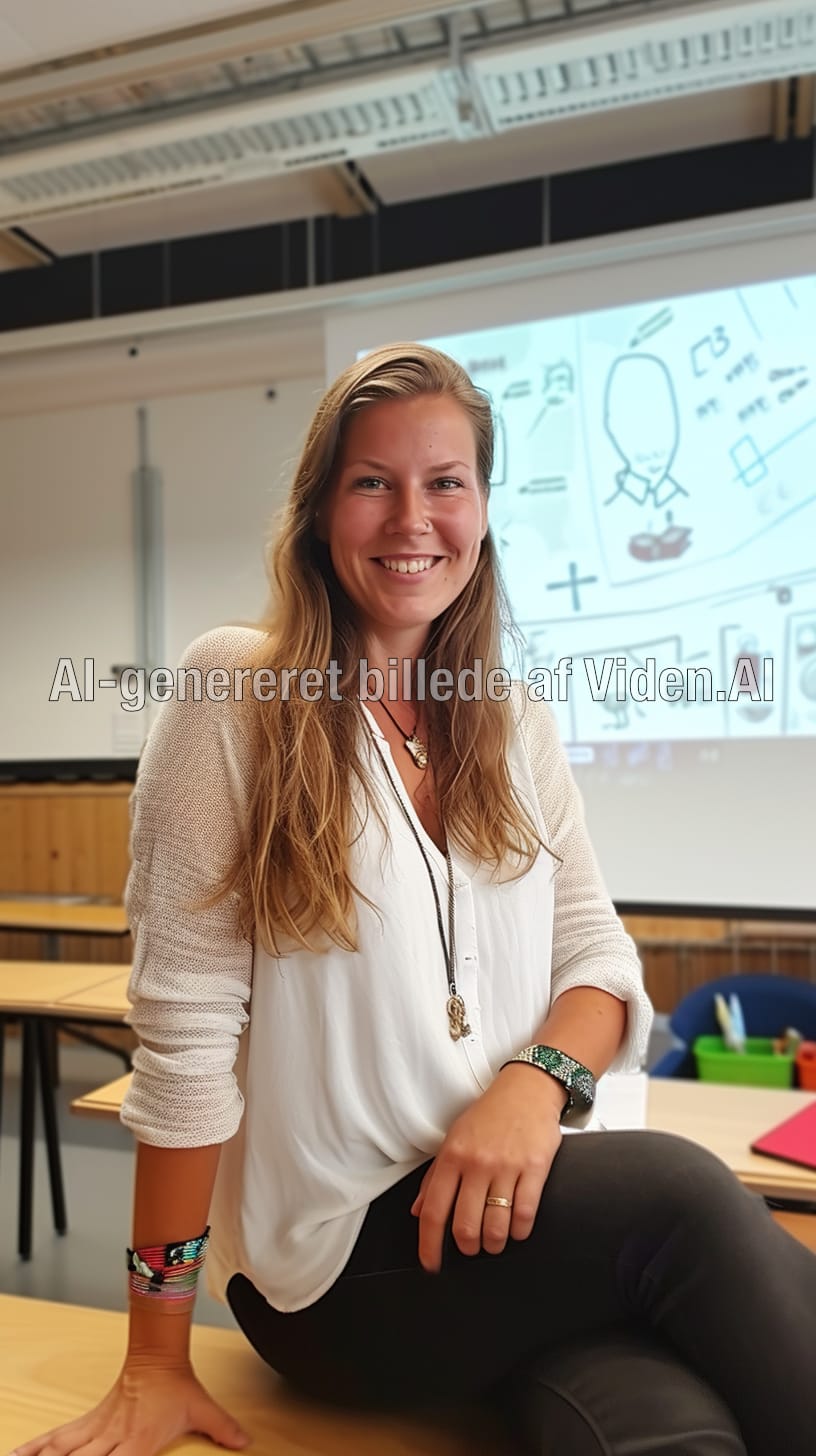
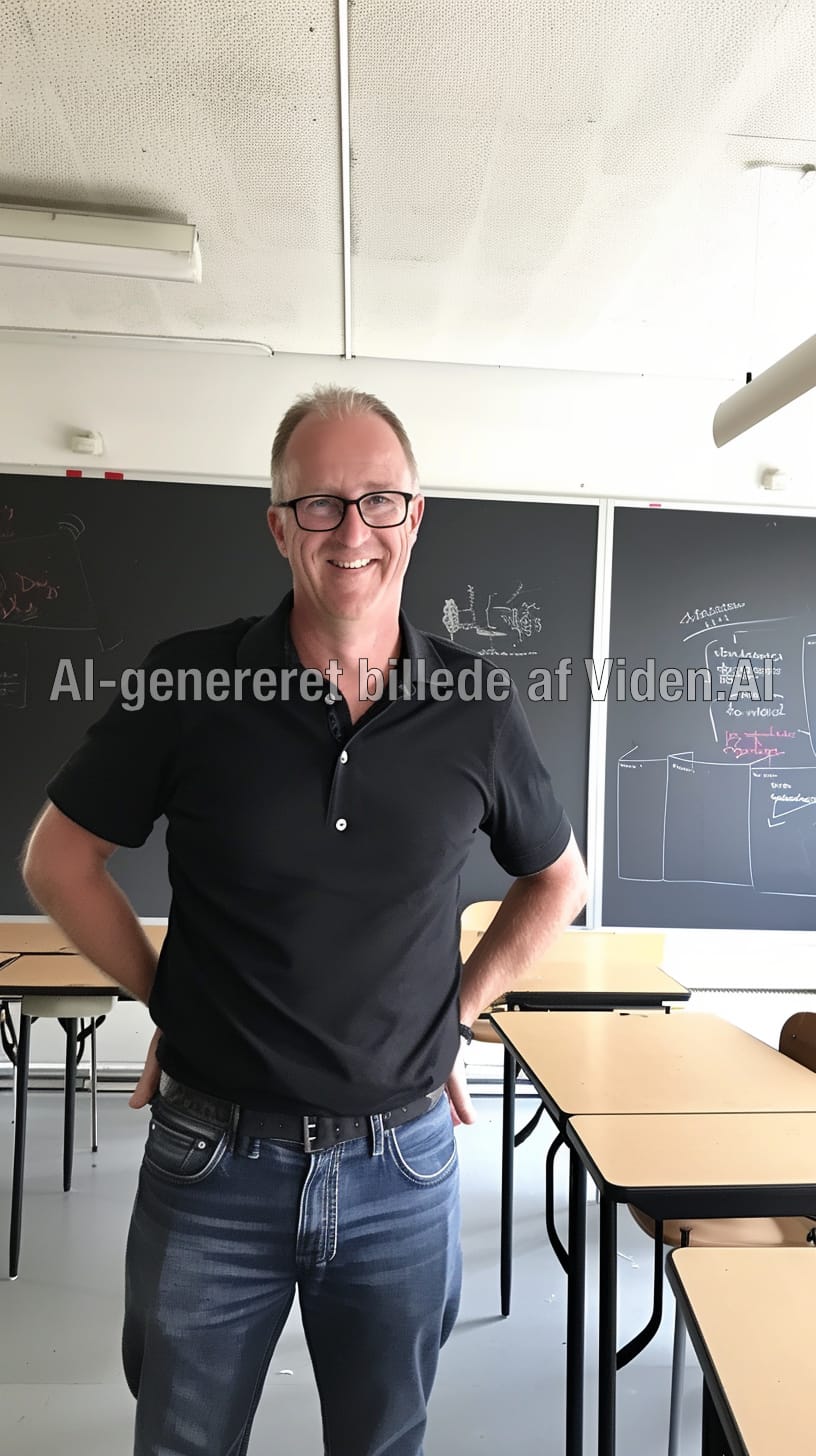
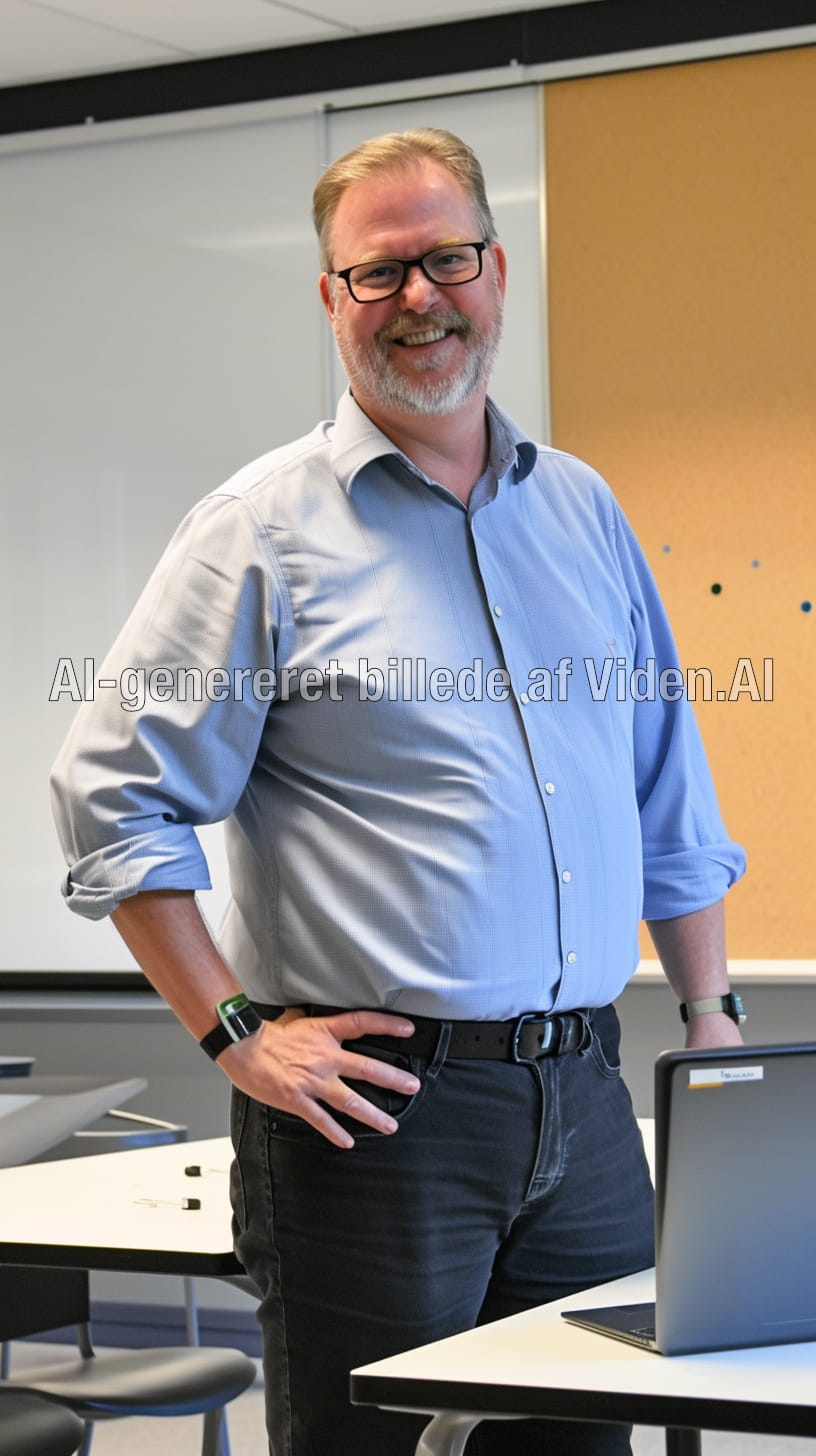
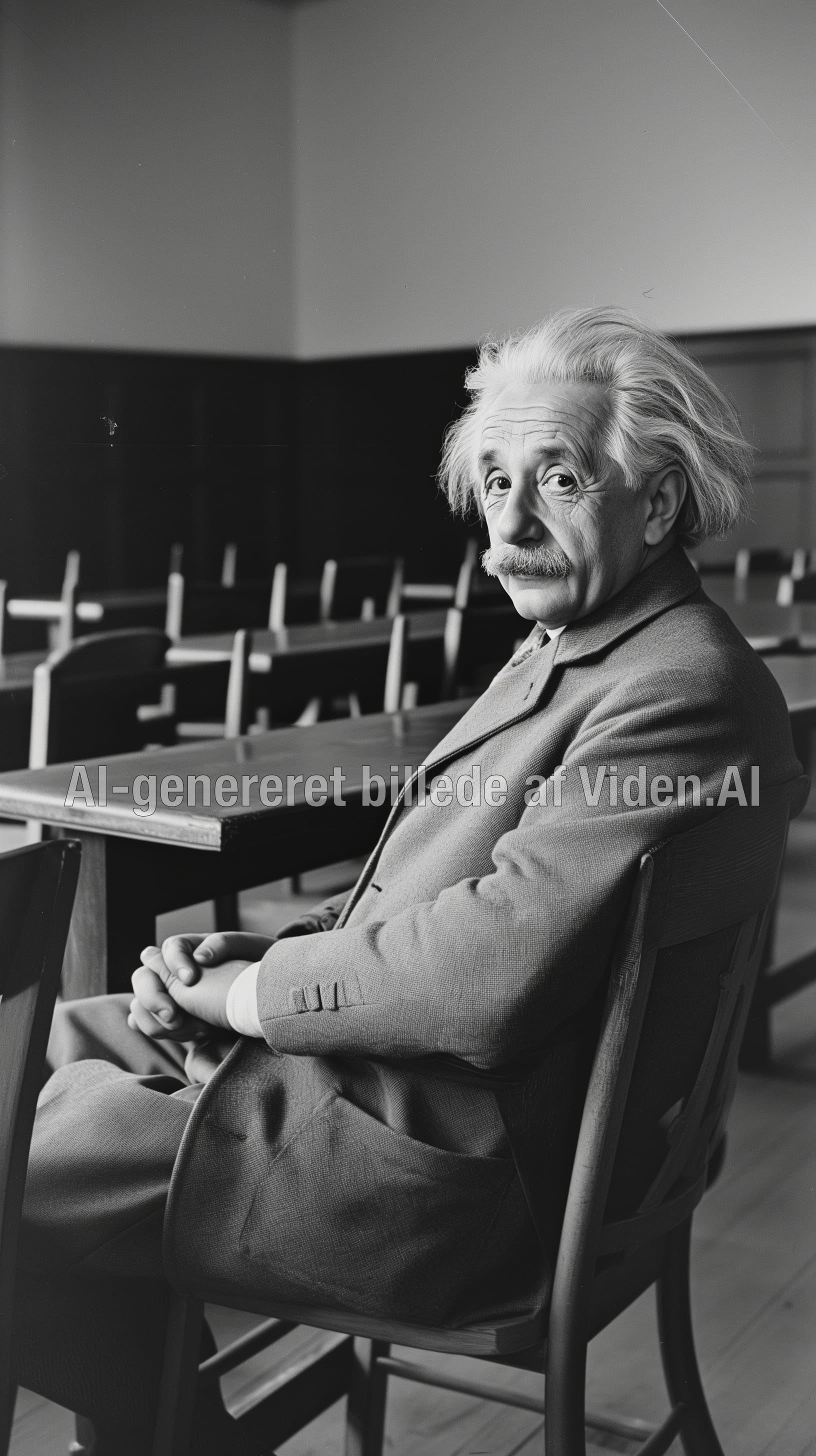


The images are generated in Midjourney.
Sources

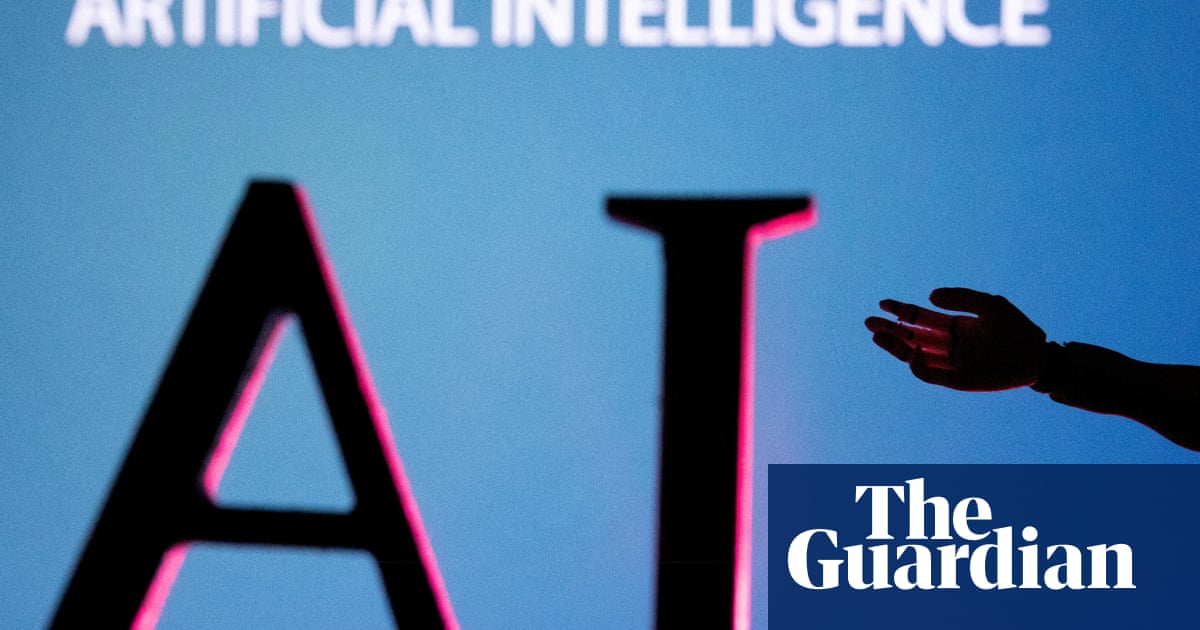


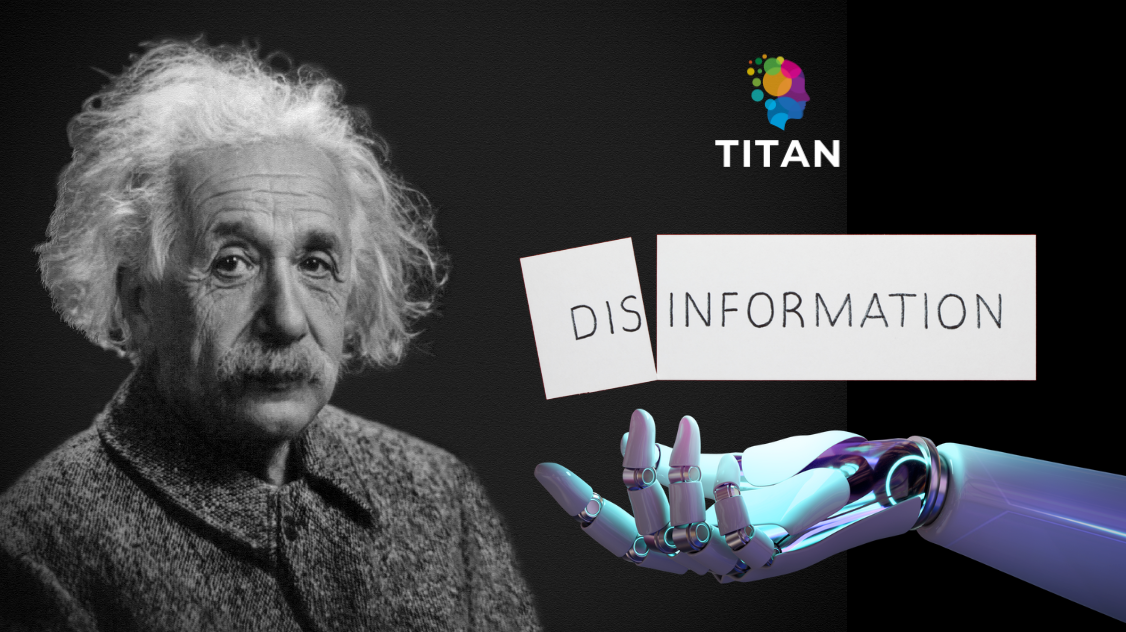

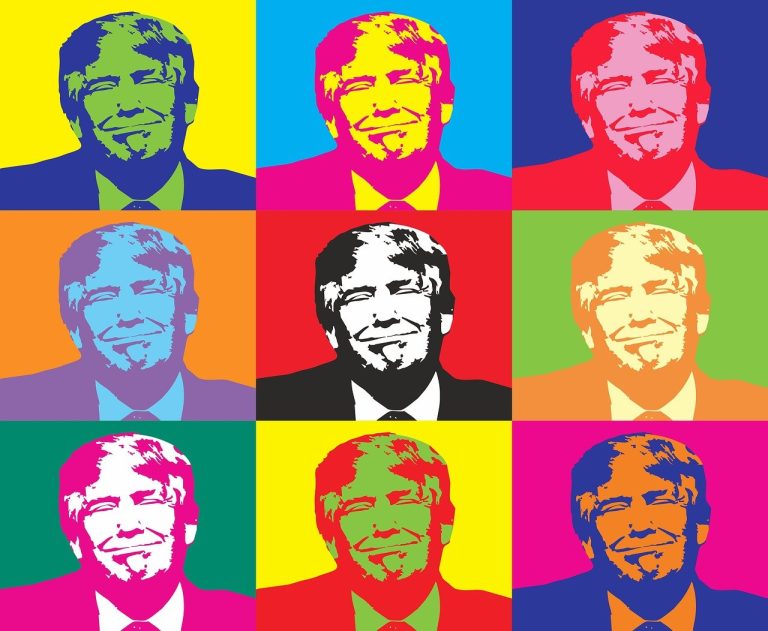
New guides for the responsible use of generative artificial intelligence
The Danish Digital Agency has published two new guides for using generative artificial intelligence. Aimed at government agencies and businesses, these guides offer practical advice on navigating this rapidly evolving technology. They cover important topics such as the risk of bias, factually incorrect answers, and information security.
- Hent 'Guide til offentlige myndigheder om ansvarlig anvendelse af generativ kunstig intelligens'
- Hent 'Guide til virksomheder om ansvarlig anvendelse af generativ kunstig intelligens'

News of the week

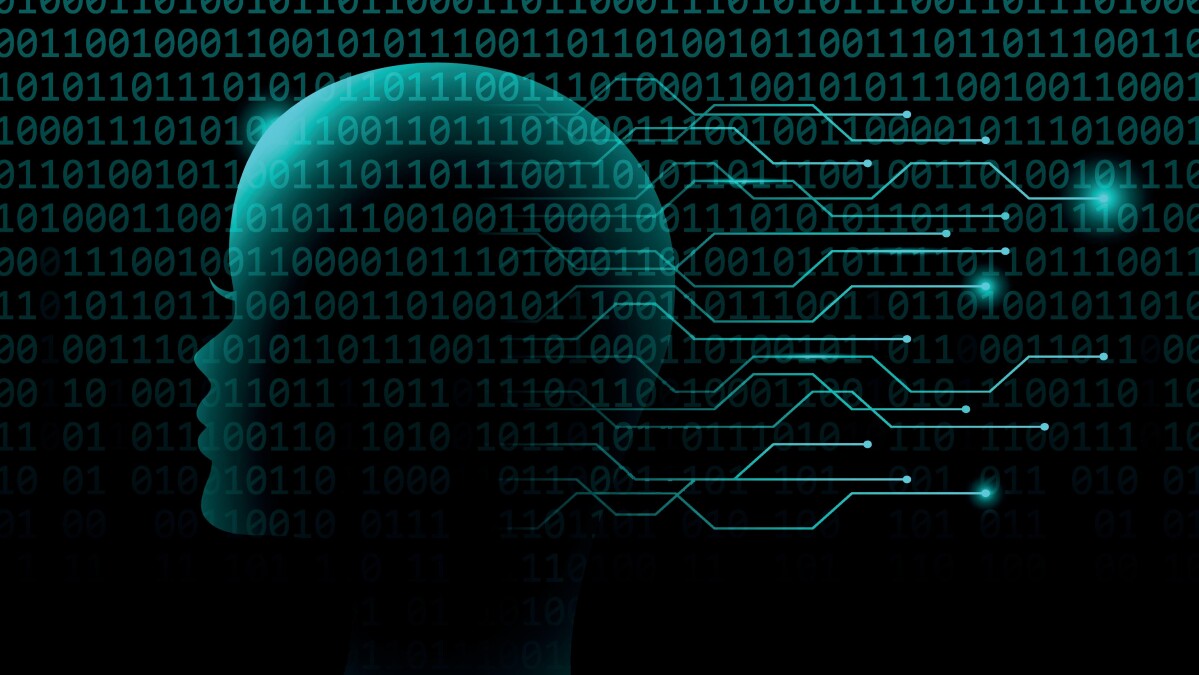









Scientific articles
Below, we select articles or tools with a slightly more scientific perspective. These are articles that we read ourselves to stay up-to-date, and at the same time, we also know very well that they are not that interesting for most people. This week, the section is a little longer than usual, as we have chosen to include many tools that we find interesting.
Transformative effects of ChatGPT on modern education: Emerging Era of AI Chatbots
This article discusses ChatGPT's effect on online education and how technology can potentially improve learning. At the same time, several challenges are pointed out, such as the risk of inaccuracies, issues of academic integrity, and plagiarism. Researchers suggest that teaching methods and assessment techniques be updated to incorporate AI tools like ChatGPT while recognizing the need to educate teachers and students about ChatGPT's limitations and potential.
Below is an illustration showing the key findings and takeaways from the article that educators can use to ensure effective chatbot implementation.
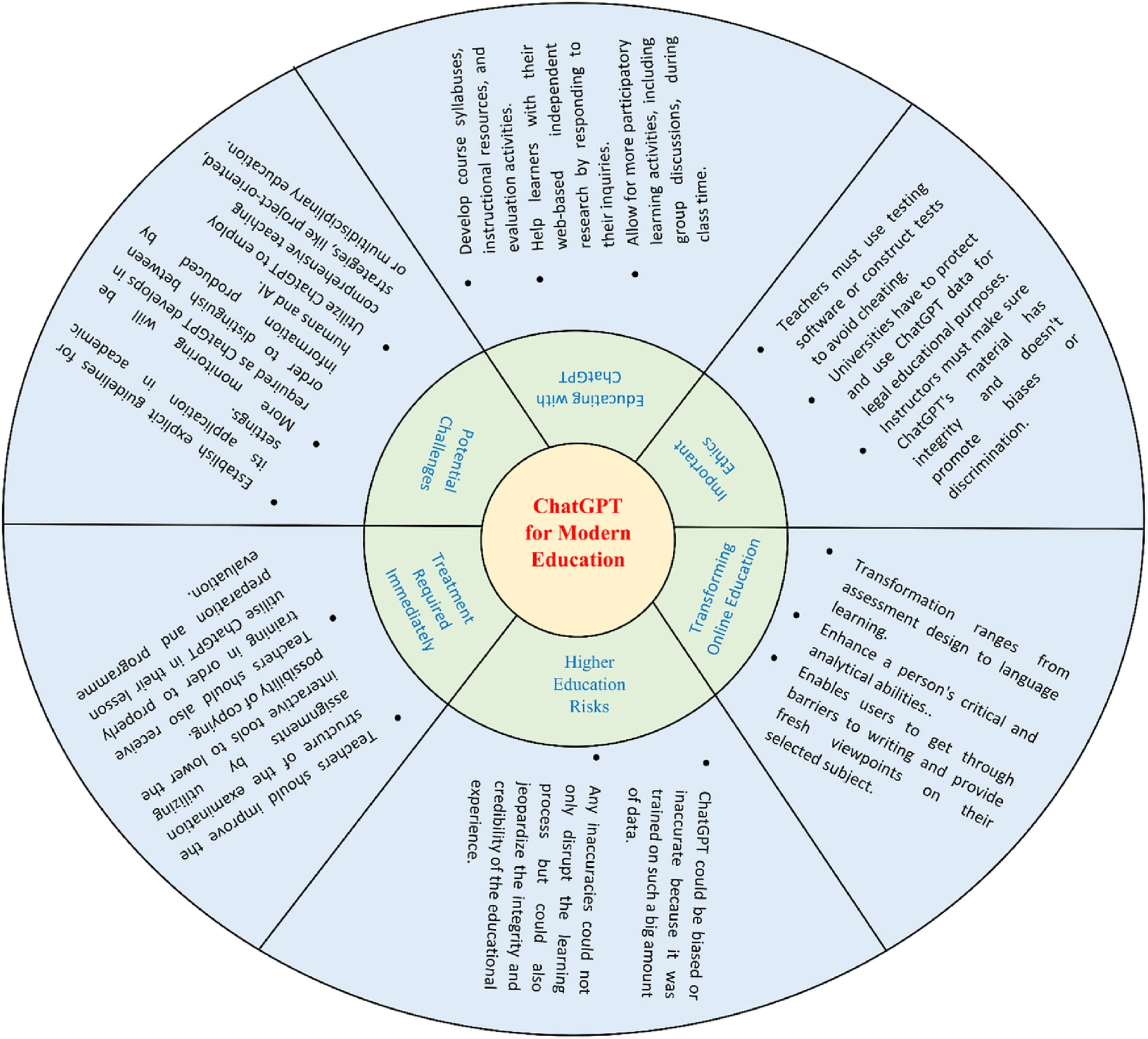
Merge Large Language Models with mergekit
Noget af det nyeste inden for udviklingen af sprogmodeller, også kaldet LLM, er, at man kan forbedre ydelsen markant ved at samle flere modeller til en enkelt model. Vi har ikke selv testet, men herunder linker vi til PhD Maxime Labonne, som har lavet en ret udførlig tilgang til, hvordan man kan gøre det. Bemærk, at det umiddelbart kræver noget viden om sprogmodeller for at komme i gang og forstå, hvad der sker.
One of the latest developments in the development of language models, also called LLM, is that you can significantly improve performance by combining several models into a single model. We have not tested it ourselves, but below we link to PhD Maxime Labonne, who has made a rather detailed approach to how to do it. Note that it immediately requires some knowledge of language models to get started and understand what is happening.

Play with language models locally on the computer
If you dare to test language models on your computer, you can use LM Studio to test the latest models available on Hugging Face. However, it requires a fairly powerful computer, but here, you can easily install and run the various models.

OpenVoice: Versatile Instant Voice Cloning
The newsletter focuses on misinformation and disinformation, and here is a tool for cloning votes locally on the computer. Again, the approaches are somewhat technical and can be difficult to get started. On their website, they have many examples.

Recommendation of the week
This video from Vox gives a pretty good insight into the challenges surrounding banning or including artificial intelligence in education. At the same time, it is also a good starting point for discussing artificial intelligence among the teaching staff.
